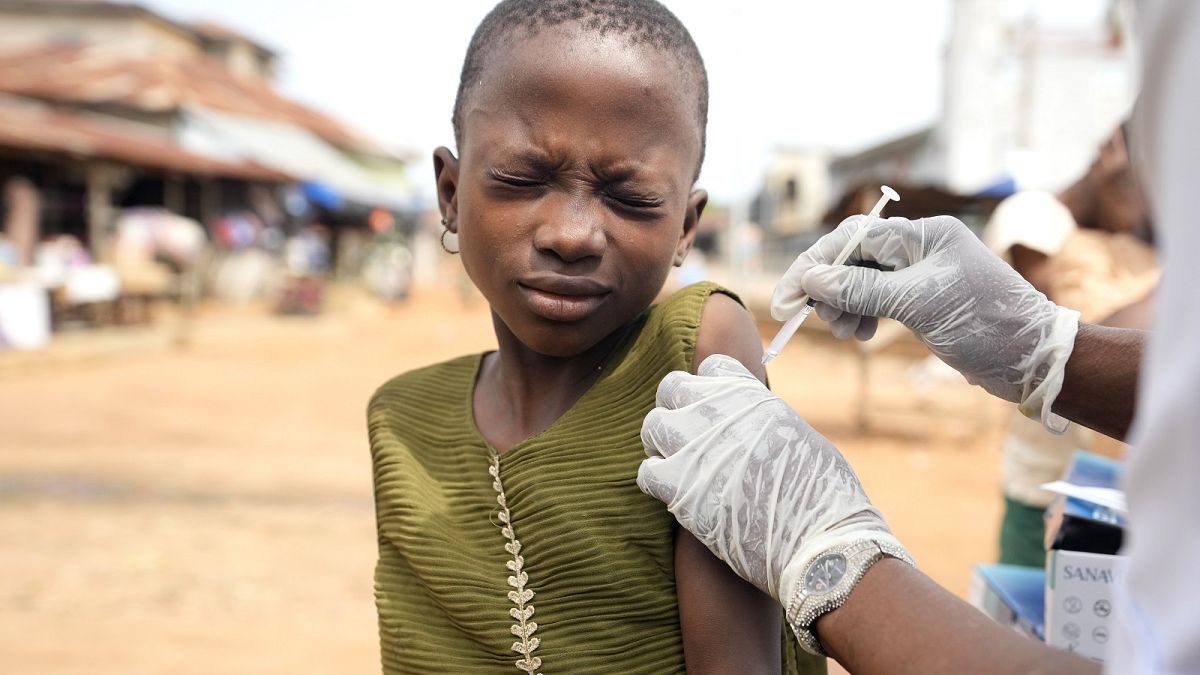Fitness
More African countries administer HPV vaccines, but hesitancy remains

While many African countries have introduced the HPV vaccine in immunisation programmes, just five have acheived 90 per cent coverage.
More African countries are trying to administer vaccines against human papillomavirus (HPV) which is responsible for nearly all cervical cancer cases, but challenges such as misinformation about the vaccine have slowed progress.
The World Health Organization (WHO)’s Africa office estimates that about 25 per cent of the population still has doubts about it, reflecting concerns seen in some other parts of the world in early campaigns for the vaccine.
HPV is a common sexually transmitted virus that can cause cervical cancer. An average of 190 women across Africa died daily from this type of cancer in 2020, accounting for 23 per cent of deaths globally.
But even though 18 of the 20 countries with the highest cervical cancer cases globally are in Africa, vaccination coverage across the region has been low.
Only five countries have reached the 90 per cent coverage the continent hopes to achieve by 2030.
Part of why Africa has a high burden of cervical cancer is because of limited access to screening for women, said Emily Kobayashi, head of the HPV Programme at the vaccines alliance Gavi.
“The elimination strategy is a long game … but we know that vaccination is the strongest pillar and one of the easiest to implement,” Kobayashi said.
Information must be provided by those ‘close to the communities’
“It is one thing to introduce the vaccine, but if the vaccine remains in the fridge, it doesn’t prevent cervical cancer,” said Charles Shey Wiysonge, head of the vaccine-preventable diseases programme in the WHO’s Africa region.
He said information must be provided by people ”who are trusted, people who are close to the communities.”
Many African countries have a long history of vaccine hesitancy in part due to a lack of trust in government.
In Zimbabwe, where cervical cancer is the most frequent cancer among women, a group of mostly women known as Village Health Workers have been trained to raise awareness about cervical cancer and the HPV vaccine in rural areas.
But they fight a high level of hesitancy among religious sects that discourage followers from modern medicines, asking them to rely instead on prayers and “anointed” water and stones.
The women who eventually agree to be screened for cervical cancer do so in secret, said Zanele Ndlovu, one of the health workers on the outskirts of Bulawayo city.
For a deeply religious country like Zimbabwe, “the spiritual leaders have so much influence that a lot of our time is taken trying to educate people about the safety of vaccines, or that they are not ungodly,” Ndlovu said.
Awareness work
In Rwanda, the first African country to implement a national HPV vaccination programme in 2011, the coverage rate has reached 90 per cent.
Hesitancy is less of an issue due to vigorous awareness work that has relied on school-based campaigns and community outreach programmes. Other countries have done school-based programmes and mobile outreach or targeted campaigns.
One challenge is explaining the HPV vaccination to girls ahead of the onset of sexual activity, especially in conservative societies, said Dr Aisha Mustapha, a gynaecologist in Nigeria.
Mustapha has been successfully treated for cervical cancer and said the experience helps in her meetings with religious leaders and in community outreach programmes.
They try to make the girls feel comfortable and understand why the vaccine is important, she said. That sometimes requires comic books and lots of singing.
“The (cervical) cancer … is no respecter of any identity,” she said. “The vaccine is available, it is free, it is safe and effective”.


)






